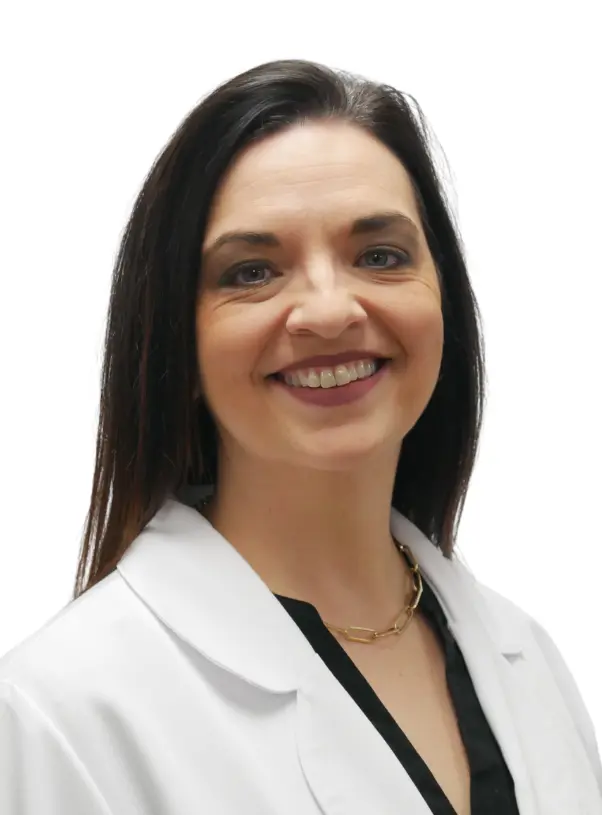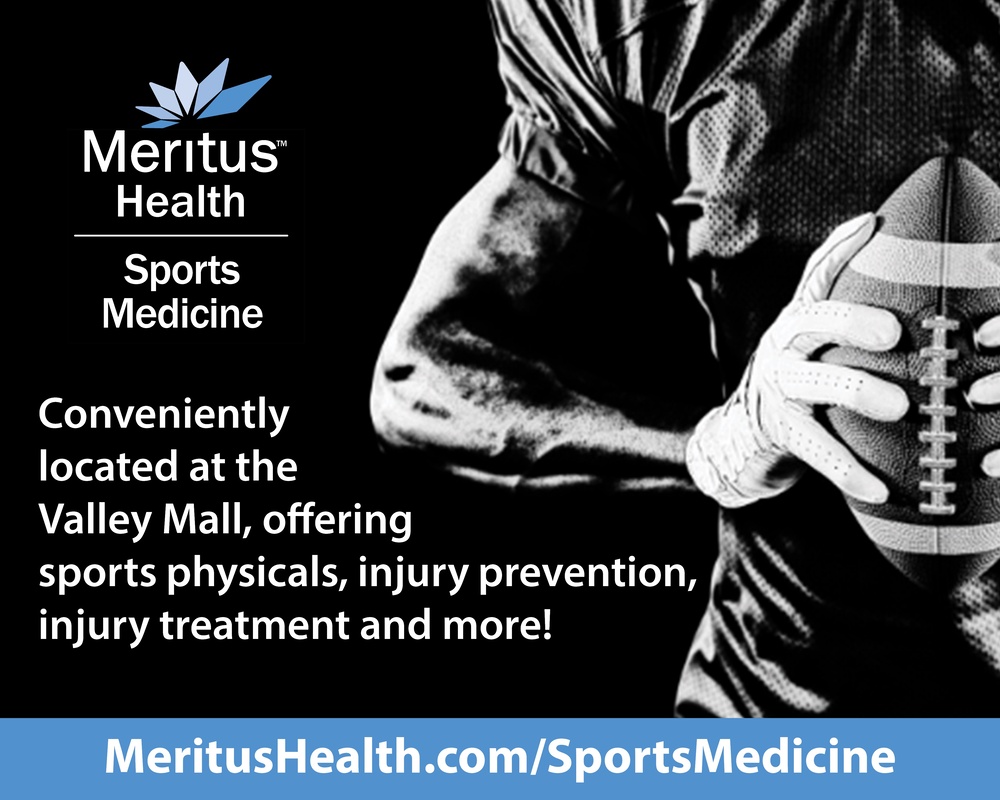If there’s one thing that Liza Hiles, M.D., wants her patients to take away from an appointment with her, it’s that they should increase how much water they drink.
“Most people don’t drink enough,” said the provider at Meritus Primary Care in Hancock.
Drinking 64 ounces of water a day, along with moving — exercising, walking, etc. — are the top ways people can improve their health.
“If you drink more water, you’ll have less space in your belly for junk food,” she said.
Though water and exercise are far from the only treatments for what ails you, Dr. Hiles said, they have a tremendous impact on the top three conditions she treats in Hancock: high blood pressure, diffuse pain and fatigue, and diabetes.
Before looking at medication to treat high blood pressure, Dr. Hiles suggests decreasing salt intake, along with the aforementioned water and exercise.
“It’s in everything, including drinks,” she said of salt.
With pain and fatigue, Dr. Hiles said she would first eliminate a pathologic cause by running labs and doing a basic exam.
If those tests come back clear, the problem usually comes back to diet and exercise.
“The vast majority of the time, it is a lack of movement and their current diet,” she said. “A lot of what we eat can cause inflammation and pain and fatigue. A lot of people don’t realize that’s what’s causing their problems until they change their routine.”
Lean proteins, such as chicken or fish, and more fruits and vegetables are her top recommendations.
Diabetes is a major problem in all of Washington County, not just Hancock. A few years ago, The Herald-Mail reported that Washington County ranked at or near the top of death rates in Maryland when it comes to diabetes.
Dr. Hiles said that some patients come to her and feel perfectly fine, only to have lab results reveal a problem. Some report feeling very thirsty or hungry, or having bad fatigue.
Again, she said that lifestyle changes are her first recommendation before looking to medication.
“Lifestyle changes are super, super important,” she said.
For those who are struggling with that, especially the exercise part, Dr. Hiles recommends “exercise snacking.” Just like with snacking on food, exercise snacking involves moving — even just walking in place — for five minutes when you have the time.
Regardless of your diet and exercise regimen or what symptoms you’re experiencing, scheduling and keeping yearly exams with your primary care provider are among the most important things you can do to benefit your health.
“We can catch a lot of things early or prevent it when you come in for your exam,” she said.






















